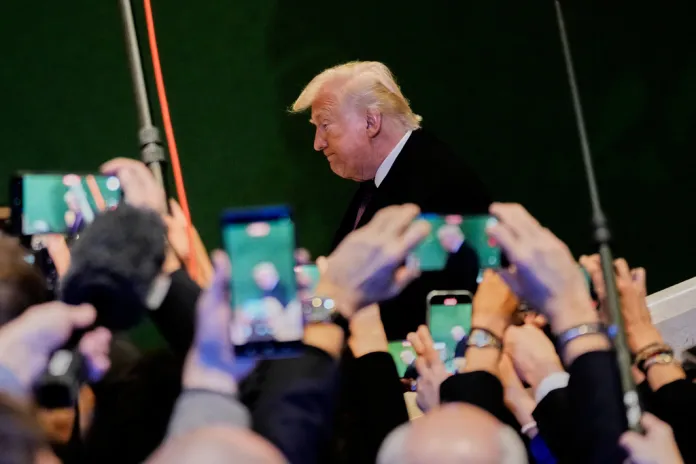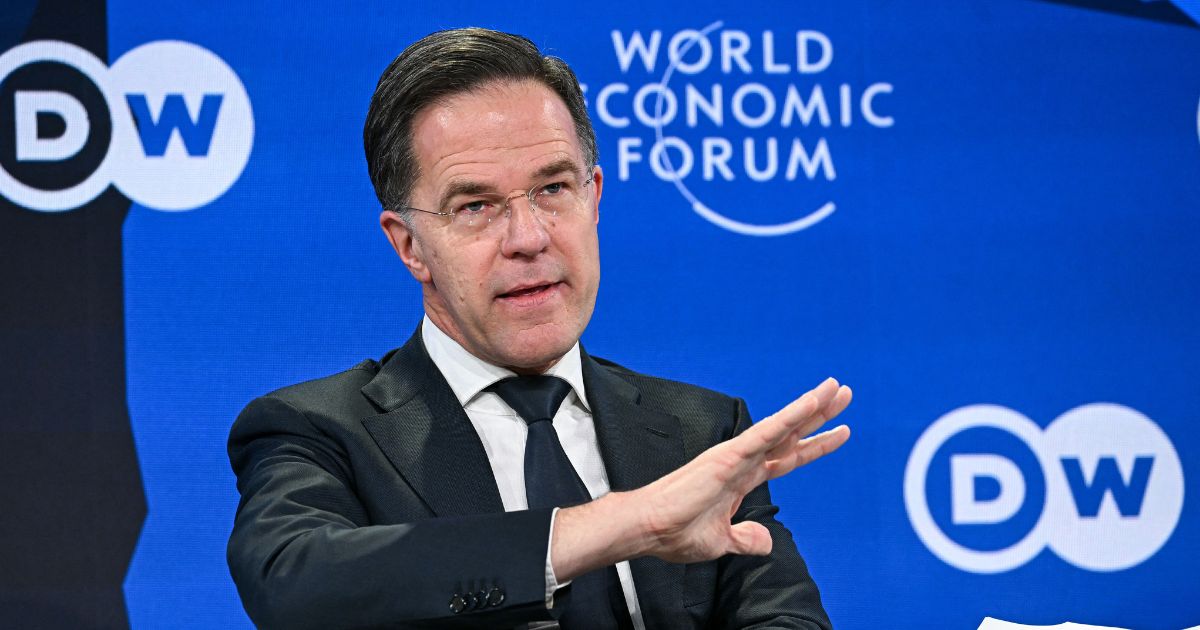The U.K. Must Punish Chinese Espionage
The recent collapse of the prosecution in a high-profile China espionage case has become a major scandal for the UK’s Labour government under Prime minister Keir Starmer. The case involved two British citizens, Christopher Berry and Christopher Cash, who allegedly worked with China’s spy agency, the Ministry of State Security (MSS), to gather sensitive intelligence on the UK Parliament and Conservative MPs, aiming to influence British policy on China. Evidence showed rapid and direct intelligence transfers to senior Chinese officials close to President Xi Jinping.
Despite Berry being caught with large sums of cash, UK authorities delayed arrests and ultimately dropped the case, citing the government’s refusal to classify China as a national security threat-a move widely criticized as politically motivated to maintain better relations with China.This decision sparked political backlash, accusations of government interference, and concerns about the integrity of UK democratic institutions.
Conservative leaders and security officials condemned the collapse, warning it undermines national security and damages trust within the Five Eyes intelligence alliance, especially with the United states. US politicians and officials have expressed serious doubts about continuing intelligence sharing with the UK unless it takes stronger action against Chinese espionage. The case has also delayed decisions on China’s controversial plans to build a large embassy in the UK, raising further security worries.
the scandal highlights the challenges and geopolitical tensions in balancing economic ties with China against protecting national security and democratic integrity, emphasizing the urgent need for the UK government to reevaluate its approach to Chinese espionage threats.
The recent collapse of the prosecution in a major China spy case has unfolded as one of the most significant scandals for the U.K.’s Labour government since it assumed power last year.
At the center of this case are Christopher Berry and Christopher Cash, British citizens who both have connections to China. Witness statements from Matthew Collins, the U.K.’s deputy national security adviser, reveal that Berry was recruited by China’s spy agency, the Ministry of State Security (MSS), to gather intelligence on the U.K. parliament while he was teaching in China.
At the time, Cash, Berry’s friend, was a researcher at the China Research Group (CRG), a think tank co-founded by conservative members of parliament (MPs) Tom Tugendhat and Neil O’Brien. With CRG members primarily holding hawkish views on China and its Communist Party (CCP), it is no surprise that Beijing has sanctioned the CRG and several conservative MPs since 2021.
Collins reveals that Berry’s Chinese handler, code-named “Alex,” is associated with the MSS. Their operation went like this: Alex directed Berry to enlist his friend Cash at the CRG as a subsource to extract vital intelligence about the British parliament’s inner workings and spy on MPs’ activities. The goal was to sway the U.K. government’s policies on China.
Cash reportedly provided sensitive details, including the names and photos of Taiwanese defense ministry officials who visited the U.K. in 2022 to discuss defense strategies against potential Chinese aggression. During the Conservative Party’s leadership election in 2022, a senior CCP official instructed Alex, via Cash and Berry, to gather intelligence on Conservative MPs one by one. The goal of the CCP’s overseas influence operation was to allocate resources to prevent known China hawks from securing key government positions that could shape Britain’s China policy. Collins stated that this incident highlights how China’s espionage operations threaten the integrity of the U.K.’s democratic institutions.
The most notable aspect of this espionage case is the swift transfer of intelligence from Westminster to Beijing, along with its significant reach inside the CCP. As Collins pointed out, “on one occasion, only thirteen hours passed between Mr. Berry receiving a task, consulting with Mr. Cash, and then reporting back to ‘Alex.’” This level of efficiency is concerning, particularly because some of the intelligence reached a senior CCP leader who is a confidante of General Secretary Xi Jinping, enabling the CCP’s “real-time” decision-making.
Slow-Moving Case
In Feb. 2023, Berry was stopped by U.K. Customs at Heathrow Airport while returning from China with a suitcase of cash. Still, the U.K. authorities waited seven more months before arresting Berry and Cash on suspicions of espionage. As the case moved through the judicial system slowly, the U.K.’s political landscape changed. Last year, the Conservative Party lost the general election, and Keir Starmer from the Labor Party became prime minister. He prioritizes strengthening the U.K.-China relationship and fostering business cooperation.
Berry and Cash were scheduled to go to trial in early October, but the Crown Prosecution Service (CPS) dropped the case last month, stating the Starmer government refused to classify China as a national security threat. Without this classification, CPS head Stephen Parkinson claimed they couldn’t charge Berry and Cash for violating the Official Secrets Act. Critics, who suspect government interference, argue that the CPS should not dismiss serious allegations based on a technicality.
The CPS’s announcement sparked a significant political backlash in the U.K. Faced with growing demands for clarity, Starmer released Collins’ witness statements. Instead of diffusing the situation, Collins’ statements ignited further outrage as the public became aware of the extensive and audacious nature of China’s espionage efforts within the U.K. parliament. Moreover, Collins’ bewildering conclusion that “the UK Government is [still] committed to fostering a positive relationship with China to enhance understanding, cooperation, and stability” has provoked serious concerns whether the CPS dropped the spy case due to the Starmer government’s interference.
Political Motivations
Kemi Badenoch, leader of the Conservative Party, has accused Starmer of deliberately allowing the spy case to collapse, claiming he has been too weak to confront Beijing. This allegation is reinforced by a Sunday Times report revealing that Collins admitted the government’s refusal to label China an “ongoing threat” was politically motivated. In early September, Jonathan Powell, Starmer’s national security adviser, held a meeting with cabinet officials to discuss how this case could harm the Sino-U.K. relationship. Shortly after, the CPS abandoned the case.
Adding weight to the debate, Britain’s spymaster, Sir Ken McCallum, voiced his frustration over the collapse of the China spy case. He disclosed that his spy agency, MI5, had successfully thwarted another Chinese espionage attempt recently, underscoring the reality that state actors from China present an “everyday threat” to the U.K.’s national security.
The China spy case scandal has prompted the Starmer government to postpone its decision on China’s application to build Europe’s largest embassy outside of London. Beijing’s proposal has raised critical national security concerns because key portions of China’s construction plan have been redacted by Chinese authorities. Some conservative MPs targeted by the China spy case have now called on the Starmer government to reject China’s proposal.
Trusting the U.K.
These unfolding events raise critical questions about the trustworthiness of U.K. intelligence partnerships with allies like the U.S. The U.K. is one of the Five Eyes intelligence alliance that includes the United States, Canada, Australia, and New Zealand. The alliance shares intelligence and threats relating to national security issues based on a high degree of confidence and trust in each other.
After the troubling decision to drop the China spy case, President Donald Trump is reportedly concerned about the reliability of the Starmer government. White House officials have warned that the U.K.’s decision could jeopardize the special relationship between the two close allies, especially on critical intelligence-sharing efforts. They made it clear that “the U.S. government exercises extreme caution in sharing information with foreign governments that may face adversarial coercion and influence.”
Moreover, John Moolenaar, chairman of the U.S. House Committee on the Chinese Communist Party, expressed his concerns in a letter to the acting British ambassador in Washington, D.C. Moolenaar stated that the U.K.’s decision to drop the spy case could “undermine Five Eyes security coordination.” Furthermore, he warned, “allowing this PRC (People’s Republic of China) aggression to go unchecked would only encourage the CCP to further interfere in Western democracies.”
The Starmer government must urgently reevaluate its approach to China, not only to bolster the U.K.’s national security but also to sustain the trust and confidence of its closest ally. Regrettably, there are no clear indications that Starmer intends to take this critical step. Therefore, to vigorously safeguard our national interests and address potential foreign threats, the U.S. should seriously consider suspending intelligence sharing with the U.K. until it demonstrates a commitment to actions that restore our confidence.
Helen Raleigh, CFA, is an American entrepreneur, writer, and speaker. She’s a senior contributor at The Federalist. Her writings appear in other national media, including The Wall Street Journal and Fox News. Helen is the author of several books, including “Confucius Never Said” and “Backlash: How Communist China’s Aggression Has Backfired.” Her latest book is “Not Outsiders: Asian Americans’ political activism from the 19th century to today.” Follow her on Twitter: @HRaleighspeaks.
" Conservative News Daily does not always share or support the views and opinions expressed here; they are just those of the writer."




